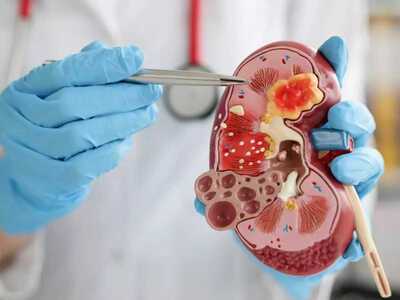
Protein is the building block of life. It helps muscles grow, repairs tissues, and plays a role in almost every function of the body. With fitness trends promoting high-protein diets, many people are consuming protein-rich meals without understanding how much is actually needed. While protein is essential, too much of it can lead to potential health issues. So, how much protein is enough? Can excess protein harm the body? Here's everything we need to know about protein consumption and where the line should be drawn.
Why is protein important?
Protein is crucial for survival. Every cell, tissue, and organ in the body relies on protein to function properly. It is responsible for muscle growth, immune system support, hormone production, and enzyme function. Without enough protein, the body struggles to repair itself, leading to fatigue, muscle loss, and a weakened immune system.
Proteins are made up of amino acids, often called the body’s “
building blocks.” Some of these amino acids are produced naturally, while others, known as essential amino acids, must come from food. This is why a balanced diet that includes adequate protein is so important.

How much protein does the body need?
The daily protein requirement depends on factors like age, weight, activity level, and overall health. The
Recommended Dietary Allowance (RDA) suggests that an average adult needs about 0.8 grams of protein per kilogram of body weight. This means:
A person weighing 70 kg should consume about 56 grams of protein daily.
Athletes and highly active individuals may require 1.2 to 2.0 grams per kilogram to support muscle repair and performance.
Pregnant women, older adults, and those recovering from injuries may also require slightly more.
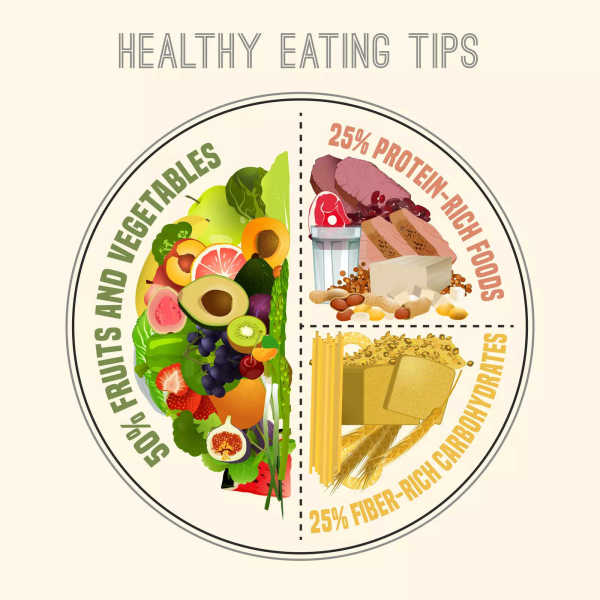
Benefits of having the right amount of protein
Protein plays a key role in maintaining overall health. When consumed in the right amount, it provides numerous benefits:
- Muscle growth and repair: Essential for building lean muscle mass and preventing muscle loss.
- Weight management: Helps with satiety, reducing cravings and promoting fat loss.
- Boosts metabolism: Requires more energy to digest, aiding calorie burning.
- Supports immune system: Plays a role in producing antibodies to fight infections.
- Strengthens bones and tissues: Helps maintain bone density and skin health.
- Enhances brain function: Provides amino acids crucial for neurotransmitter production.
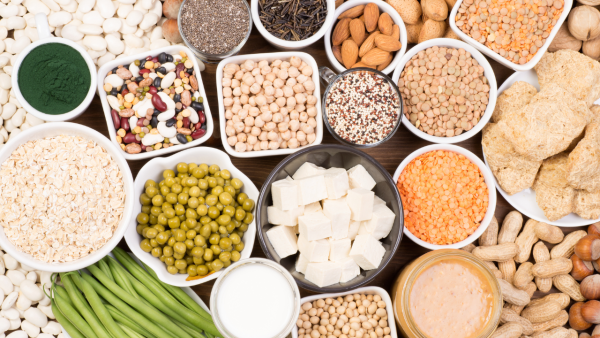
How much protein is too much?
While protein is essential, consuming excessive amounts can do more harm than good. The body can only process a certain amount at a time, and excessive intake may lead to metabolic stress.
Research suggests that consistently consuming more than 2.2 grams per kilogram of body weight can have negative effects.
For example, a person who weighs 70 kg should not exceed 154 grams of protein per day unless under medical supervision. High-protein diets should always be balanced with adequate carbohydrates and fats to maintain overall health.
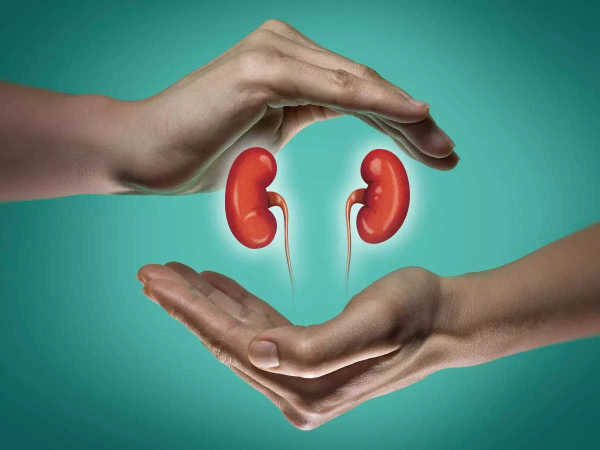
Can too much protein lead to toxicity?
Protein toxicity is not a common concern for most people, but in extreme cases, it can happen. When the body takes in excessive protein, the kidneys work harder to eliminate the excess nitrogen produced during protein breakdown. Over time, this can lead to dehydration, kidney stress, and even kidney damage in people with pre-existing conditions.
Excessive protein intake can also cause digestive discomfort, nausea, and an imbalance of essential nutrients. While high-protein diets are popular, they should always be approached with caution and balance.
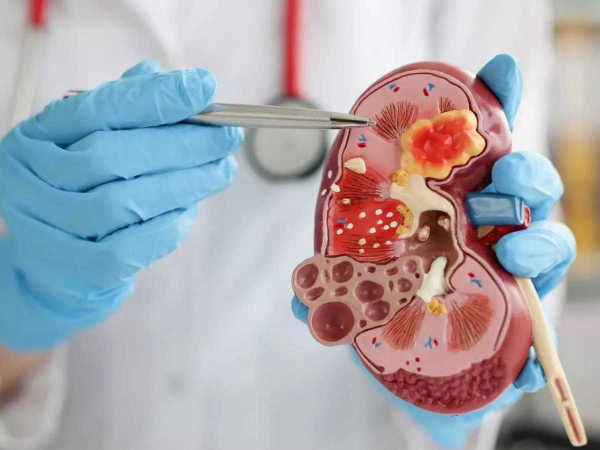
What happens to the body when protein intake is too high?
Consuming too much protein can lead to several health issues:
Kidney stress: The kidneys must filter extra waste, leading to potential strain.
Digestive problems: High protein can cause bloating, constipation, or diarrhea.
Dehydration: Excess protein increases water loss, leading to dehydration.
Nutrient imbalance: Too much protein often means fewer carbs and fats, causing energy imbalances.
Increased risk of heart disease: High consumption of red meat and processed protein sources can elevate cholesterol levels.
Bone health issues: Too much protein may lead to calcium loss, potentially weakening bones over time.
Finding the right balance
Rather than focusing on consuming excessive amounts, it’s best to aim for a balanced diet that includes a mix of proteins, carbohydrates, and healthy fats. The best approach is:
Choosing quality sources: Opt for lean meats, fish, eggs, dairy, legumes, and plant-based proteins like quinoa.
Listening to the body: Excessive protein can cause discomfort, so being mindful of how the body reacts is essential.
Consulting a nutritionist: Individuals with kidney conditions, metabolic disorders, or special dietary needs should seek professional advice.
 Protein is the building block of life. It helps muscles grow, repairs tissues, and plays a role in almost every function of the body. With fitness trends promoting high-protein diets, many people are consuming protein-rich meals without understanding how much is actually needed. While protein is essential, too much of it can lead to potential health issues. So, how much protein is enough? Can excess protein harm the body? Here's everything we need to know about protein consumption and where the line should be drawn.
Protein is the building block of life. It helps muscles grow, repairs tissues, and plays a role in almost every function of the body. With fitness trends promoting high-protein diets, many people are consuming protein-rich meals without understanding how much is actually needed. While protein is essential, too much of it can lead to potential health issues. So, how much protein is enough? Can excess protein harm the body? Here's everything we need to know about protein consumption and where the line should be drawn.




